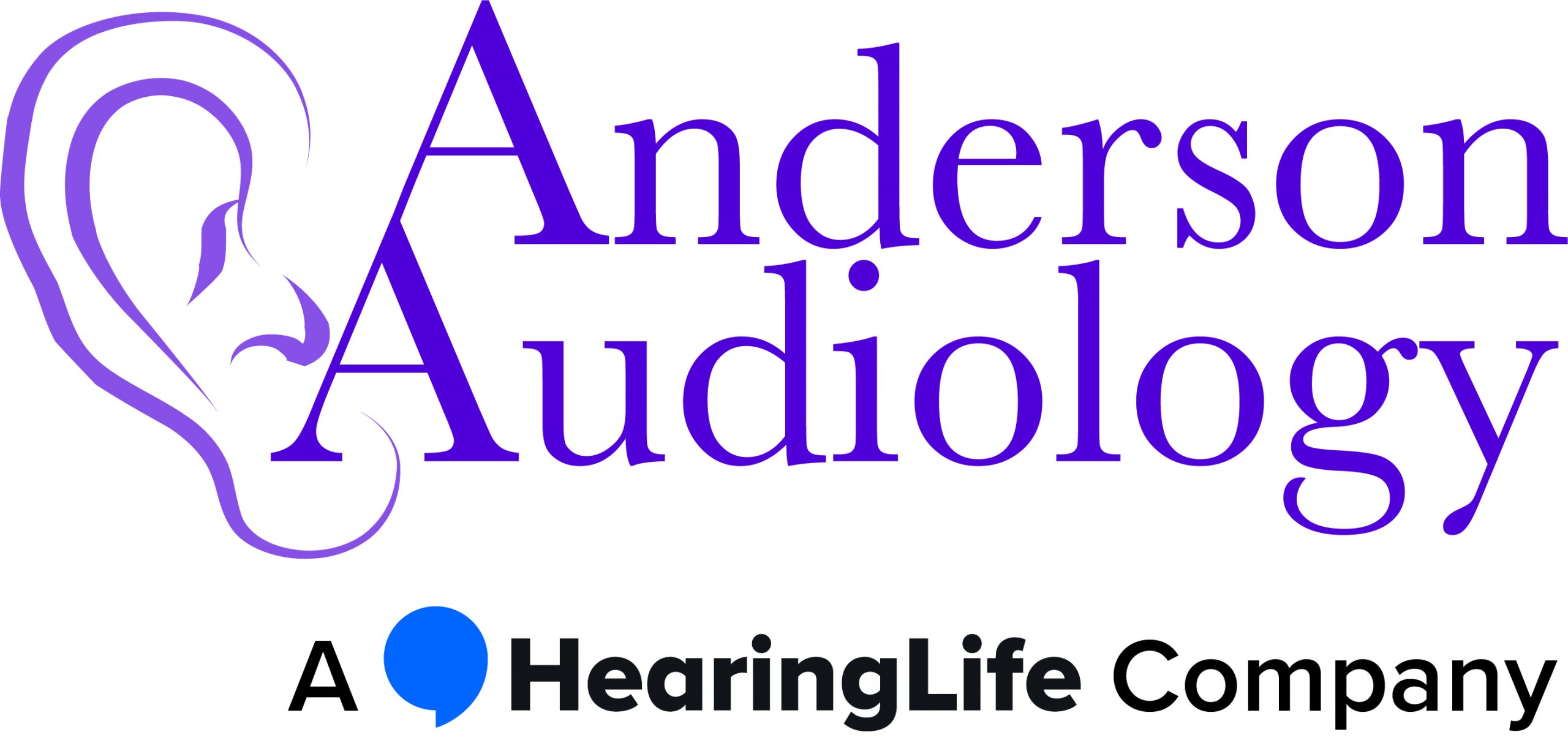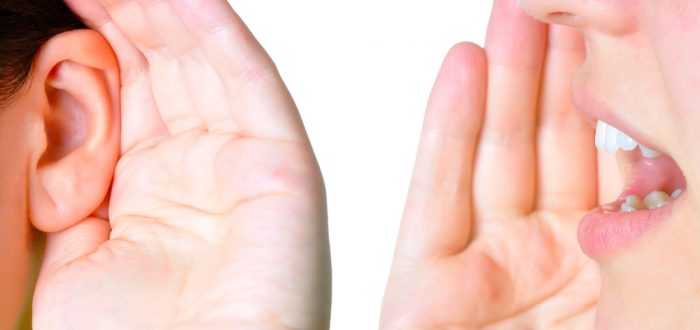An estimated 1 in 8 people over the age of 12 in the United States have some level of hearing loss. Hearing loss can range from mild, where it can be a nuisance, to severe where it can have significant impact on day-to-day life.
Whether you have mild or severe hearing loss, chances are you’ve had to make some changes in your daily life. Certain tasks that we often took for granted need a little extra planning if you have hearing loss. For example, how to optimize your listening experience in a crowded environment.
One challenge that people with a hearing impairment come across is communication. Learning how to adapt communication skills. Understanding how to best communicate with people.
These communication techniques can help social interactions and improve your confidence. It’s easy to only think of the communication skills required for people with a hearing impairment. But if we take a step back, it’s easy to see that these skills and techniques can benefit everyone. Today, we’re asking: “What Can People with Hearing Loss Teach Everyone About Better Communication?”
What Can People with Hearing Loss Teach Everyone About Better Communication?
Up to 93% of all communication is nonverbal. Body language, eye contact, hand movements, facial expressions and tone of voice all contribute to communication. While hearing what’s being said isn’t the core element of communication, it certainly plays a key role.
For the millions of Americans with a hearing impairment, this can be a challenge. However, the techniques used by people with hearing loss can teach us a lot about better communication.
General Tips
Treat everyone as you would like to be treated. One of the worst things for somebody with a hearing loss to be told is ‘never mind, just forget it’. Please be patient and willing to improve your communication skills. Often simple adjustments make all the difference.
Check understanding. When face to face, eye contact, facial or hand gestures are useful for illuminating confusion or confirming understanding. Try to avoid sunglasses and exaggerating these gestures. If you are not face to face, simply ask: ‘can you understand me okay?’
Face to Face
Gain the attention of the other person. Say their name or gently touch their arm. Ensure they are paying attention to you before you start talking.
Be sure to face the other person. According to Mehrabian’s theory, only 7% of communication is about the words used. 38% is the tone used and the remaining 55% is about body language such as visual cues and gestures. No wonder it’s so important to see the person’s face, mouth and hands!
Positioning matters. If one ear is better than the other, make sure your good ear is directed towards to the conversation. Find a well lit space and avoid as much background noise as possible. Avoid open spaces with high ceilings; look for sound absorbing soft furnishings such as carpets and curtains. Try smaller groups of people for better communication.
Don’t exaggerate volume or pronunciation. Did you know that some words such as ‘August’ are harder to lip-read than others such as ‘March’? It can actually spoil the rhythm of speech, making it harder to understand if you over pronounce, excessively slow down or shout.
Assistance is available. If at a public venue, look for hearing loop technologies. Also, research amplification products and the settings/features on your hearing aid.
On the phone
Practice good technique. Speak clearly and directly into the mouthpiece. Make sure background noise is at a minimum. Start by clarifying who is calling and why, be patient as the telephone can be very challenging with a hearing loss.
Hearing loss doesn’t have to prevent you from communicating. Simple tips can help, and assistive listening devices can provide further assistance.
Need Help? Contact Us Today!
Still have questions? At Anderson Audiology, our hearing specialists are on hand to help. Call us today on 702-997-2964. Alternatively, click here to request an appointment online.

